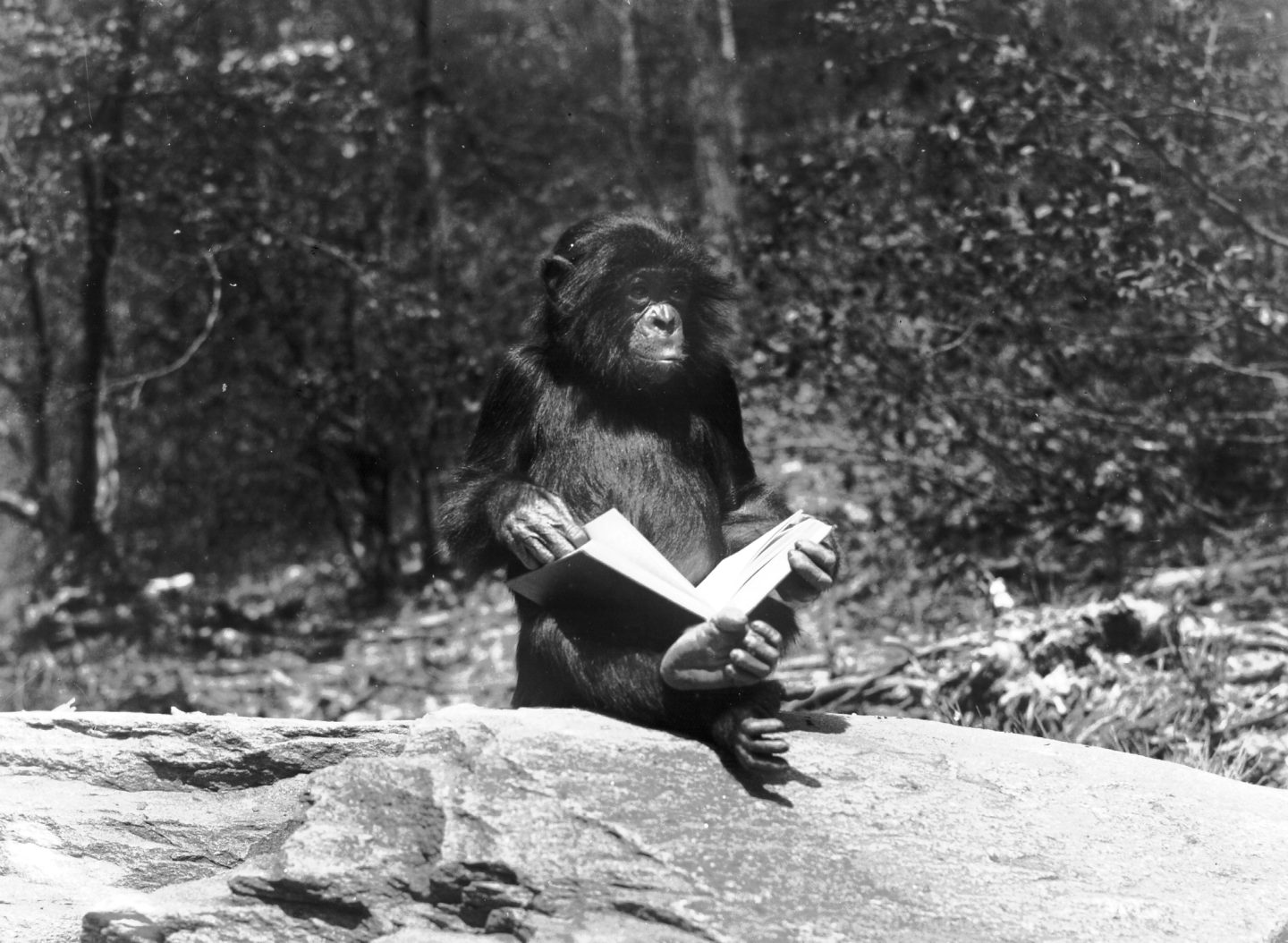1. The Theory of Reference is Retro-chic
Remember the causo-descriptivist wars? If your education was anything like mine, at some point you were walked across the old battlefield and shown some of the main sights: early naïve descriptivism about proper names; its cluster theoretic successor; Kripke’s attack on descriptivism in Naming and Necessity; his causal inheritance picture; …


